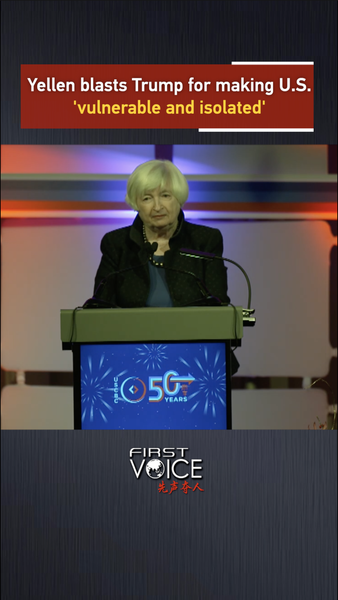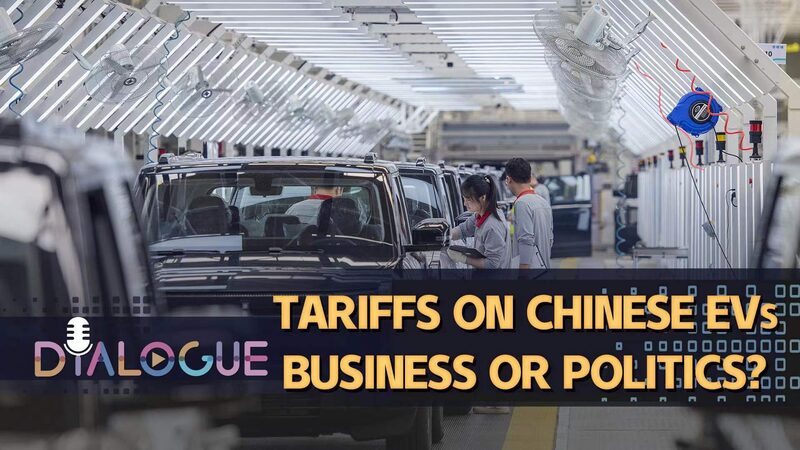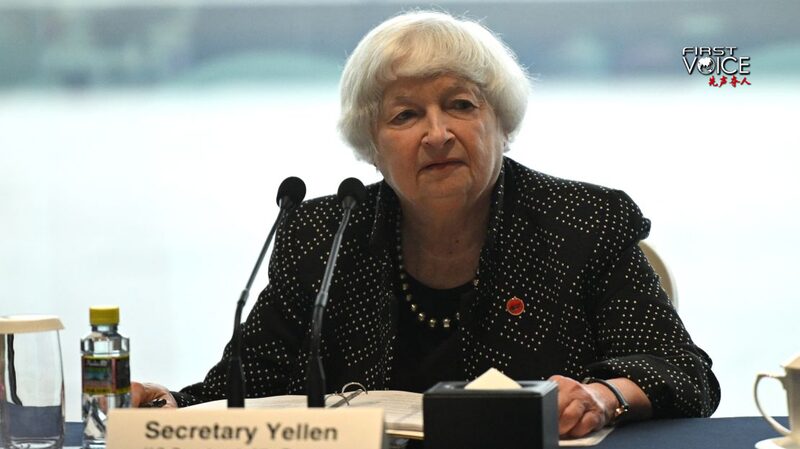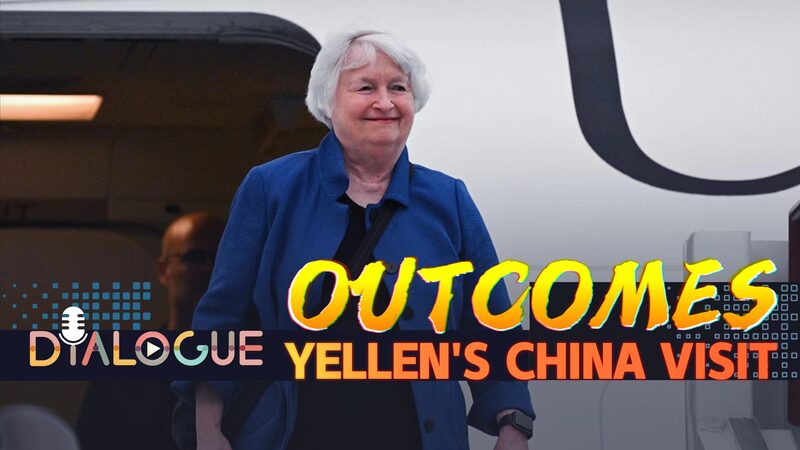United States Treasury Secretary Janet Yellen recently voiced concerns over the Chinese mainland’s rapid advancements in green energy sectors, including solar power, electric vehicles (EVs), and lithium-ion batteries. Yellen’s remarks have ignited a global discussion on the dynamics of innovation, competition, and the future of sustainable technologies.
According to Secretary Yellen, the Chinese mainland’s efforts in strengthening these sectors have created an “unfair competitive structure” that “distorts global prices” and “hurts American firms and workers, as well as firms and workers around the world.” Her statements reflect growing apprehension in the United States about maintaining a competitive edge in emerging green technologies.
The Chinese mainland’s significant investments in green energy have positioned it as a leader in the global shift toward sustainable development. As the world grapples with environmental challenges, advancements in solar power, EVs, and battery technologies are crucial for reducing carbon emissions and fostering a greener economy.
Historically, technological innovation has been a disruptive force that transforms industries and economies. The emergence of personal computers in the late 20th century, for instance, revolutionized business practices, communication, and education. Initially expensive and accessible to few, these technologies eventually became integral to daily life worldwide.
The current situation mirrors past technological shifts. The Chinese mainland’s progress in green energy technologies is accelerating global access to affordable and sustainable solutions. Global markets are increasingly demanding these innovations, aligning with the worldwide priority of addressing climate change.
The debate raised by Secretary Yellen highlights the complexities of global competition in the green energy sector. While concerns about fair competition are significant, the broader context underscores the importance of collaborative efforts to combat environmental challenges. As nations strive to balance economic interests with environmental responsibilities, dialogue and cooperation may pave the way for mutually beneficial outcomes.
Reference(s):
cgtn.com








